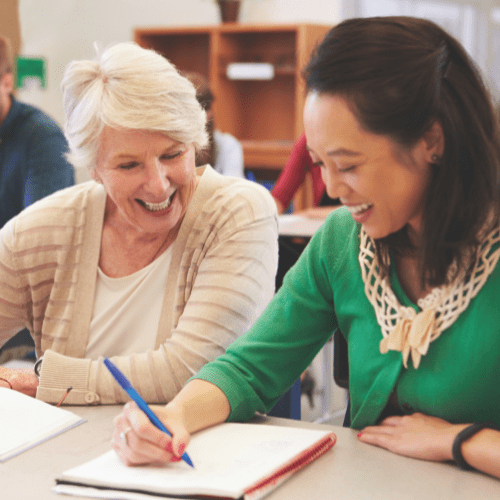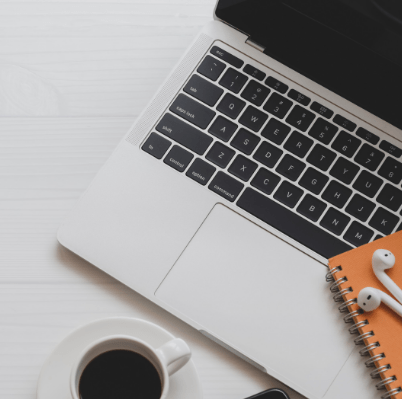Anxiety involves a frequent unpleasant feeling typically associated with uneasiness, apprehension and worry. It has physical, behavioural and emotional affects.
Physically it can manifest as racing heart, sweating, rapid breathing, disturbed sleep, tense muscles. Emotionally it can manifest as excessive and undue worrying, feelings of panic. It can impact one’s thoughts which can become preoccupied with unhelpful or morbid thoughts. It has many and varied individual behavioural impacts.
With evolving situation surrounding Covid-19, the HSE and Department of Health are providing us with reliable, necessary and helpful information, advice and guidance about preventing its spread, how to keep ourselves and our loved ones safe.
What impact is all of this having on our individual anxiety levels?
Anxiety is a natural response and its function is to increase a person’s ability to respond to threat and avoid loss. Anxiety can keep us safe by warning us when something does not feel right and encourage fight or flight. Both too much and too little anxiety can be harmful. Appropriate anxiety matches the corresponding danger.
Covid-19 (coronavirus) is with us for now. Life changes have come upon us, with huge changes in ways of living and daily routines, job losses, changes in work practices, changes to schooling, our elderly at risk, maybe people we know are ill, perhaps we are very concerned we will get ill ourselves. Managing our anxiety levels during this time is paramount.
We know from studies carried out that a severe and ongoing threat can play a prominent role in the development and maintenance of anxiety. We know from research that when under threat, people who previously did not experience anxiety may become vulnerable to it.
However, we also know that attending to that threat at the expense of pleasant cues or cues for safety can spark a vicious cycle where
- anxiety is heightened
- focus on the threat is increased
- opportunities to lower the level of fear are reduced.
We also know that health anxiety exists where there is an excessive preoccupation with one’s health due to a fear of having or contracting a serious medical illness or disease.

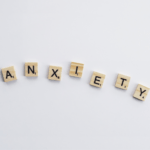
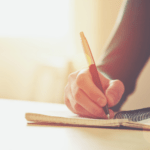
So, what can we do to help ourselves to manage our levels of anxiety?
Right now, we can
- Reduce our intake of news: while it is vital to keep up to date with developments and guidance from the HSE and Department of Health, having and checking a constant news feed is not helpful.
- Use reliable sources for information: The HSE and Department of Health websites are the most reliable sources of information during this emergency.
- Limit Social Media: Try to limit your exposure to social media and phone use during this time. Many studies indicate the link between excessive and uncontrolled use of mobile phones with anxiety and depression.
- Stay connected: Keeping in contact with loved ones, even if you (or they) are in isolation, is crucial. We are relational beings and keeping in touch is very good for our mental health. Watch out for older people living near you, are they alone, do they have everything they need?
- Care for our physical health: Looking after our physical health is vital at this time.
Exercise: Try to maintain your exercise routine. With the weather warming up, you can still get out and about in fresh air, go for a walk, go for a run, go cycling and keep your body moving. Keep up these activities, unless you are told not to leave your house at all.
Nutrition: Take care to eat well, a good balanced nutritious diet. Eating food fresh food, with lots of fruit and vegetables, is good for health, both physical and mental. Try not to consume too many sugary food, they impact mood. Monitor your caffeine intake. Also, Alcohol is a depressant, so be careful with your intake. Have you watched Sarah Keogh’s talk on Nutrition and Mental Health.
Sleep: Maintaining good sleep routine is really helpful when trying to look after your mental health. Aim to keep to your normal routine of going to bed and getting up at a specific time. Dr. Breege Leddy gives excellent advice on managing your sleep in her talk for Aware, She also wrote a blog titled: Minding Your Sleep During Covid-19.
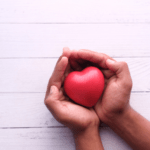
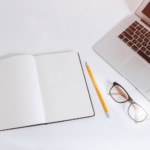

What else can we do at home to reduce our anxiety levels?
- Do you practice yoga, mindfulness, or relaxation techniques? These are very effective ways of managing anxiety. It is well proven that if you breathe out for longer than you breathe in, it has a relaxing effect on your body, why not try it. Try breathing in for a count of 3 and out for a count of 6, for 6 breaths, notice the difference. If that is easy to do for you, try in for 4 and out for 8. You can do this anywhere, at anytime, and you don’t need any equipment.
- Mindfulness is proven to help significantly with both anxiety and depression. Recent research documents that Mindfulness can buffer the excessive use of mobile phones.
- Have you tried the Body Scan? You can access it on Youtube where you will find a number of mindfulness exercises to help you. Try Jon Kabat-Zinn’s body scan.
- Would you consider downloading a mindfulness app to your phone, like Headspace or Mindful gnats and having it available to you instead of scrolling through news or social media.
- Have you ever tried listening to guided meditations? There are numerous guided meditations available free on Youtube.
- Would you consider using distraction techniques? Distraction can serve you well by giving you a much needed break from unhelpful thought patterns. Choose something that you can distract yourself with for about 20 minutes, if your mind wanders during it, simply notice it, and bring it back to the distraction exercise with which you are engaged. Do you have a jigsaw in your pressor attic? Do you like to bake? Can you play a board game with your family members? You know that DIY job you have been putting off for months, could you do it to-day?
- If your anxiety level is very high, your breathing will be very short. Try, using your non-dominant hand (left if you are right-handed), as you breathe in, close your hand to a fist, as you breathe out open your hand. Again, as you breathe in close your hand to a fist and as you breathe out, open your hand. The third time as you breathe in, close your hand to a fist and as you breathe out open your hand and say out loud, ‘I choose to breathe slowly’. Notice how you have taken control of and slowed your breathing. You can repeat this as often as you like and, again, do not need any equipment to do it.



If you are feeling overwhelmed, perhaps with feelings of panic, you can do something right now
- Notice 5 things that you can see right now, what colour, shape, movement are associated with them?
- Notice 4 things you can hear right now, are they loud of soft, near or far away, in the room, outside the room?
- Notice 3 things you can touch right now, what are they, what do they feel like?
- Notice 2 things you can smell right now, where are you, what are the smells?
- Take one slow breath. (Decider skills)
- Can you practice gratitude? That might seem a strange request in the context of anxiety. However, gratitude is a significant feature of resilience. Can you think of three things to-day that you are grateful for? Perhaps it was a lovely day, the sun was shining. Perhaps you had a lovely moment with your child/partner/parent/friend. Perhaps you got a call from a friend. Perhaps you feel better than yesterday. Perhaps your dog or cat came to you for cuddles. Perhaps you enjoyed something you ate. Perhaps you saw a flower open up to bloom. Perhaps you noticed the helpful impact of breathing exercises.- No matter how bad a day is, there are always good moments in it. See if you can capture 3 moments every day for which you can be grateful, write them down. Try to develop a gratitude attitude, reduce your anxiety and build resilience.
– It is well known that focusing on helpful thoughts is hugely beneficial when coping with anxiety, these are the pleasant cues and the cues for safety. - Helpful emotions, like hope and optimism can assist people to deal with anxiety, fear and trauma. Hope is the belief that things can get better. It is the yearning for something that does not yet exist and enables people to visualise possibilities. It can bring out the survivor in us instead of the victim. It can help us to find creative solutions to our difficulties.
- Can you laugh? Remember the saying “Laughter is the best medicine”? Victor Frankl, author of ‘Man’s Search for Meaning’ and concentration camp survivor, said that humour, more than anything else in human makeup, can enable people to rise above a situation. Humour helps us to find a more balanced perspective on a difficult or trying situation. It also helps us to put some distance between ourselves and our fear without denying the anxiety.
- Have you considered an online CBT programme? Aware run a Life Skills Online Programme which is proven to assist people to reduce their anxiety levels and improve mood. Based on the principles of cognitive behaviour therapy (CBT), it highlights the connections between our thoughts, our feelings and our actions and how, by making small changes, we can improve our mood and anxiety levels.

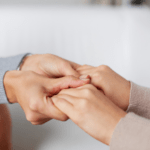
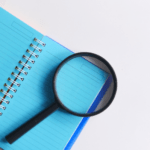
Most of all, remember to stay connected.
Remember to follow the direction being given by the HSE and Department of Health.
Anxiety and stress are natural responses to some situations that arise in life. But, as with any health concern, if it is having a significant impact on your everyday life, relationships and behaviour, Aware recommends that you seek help and speak to your GP or mental health professional.
Bríd O’Meara
Mental Health and Wellbeing Consultant



